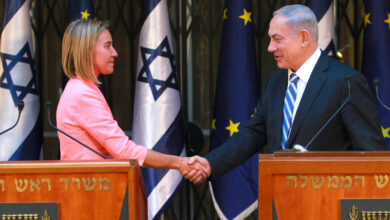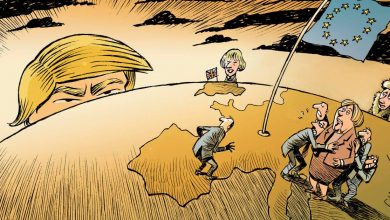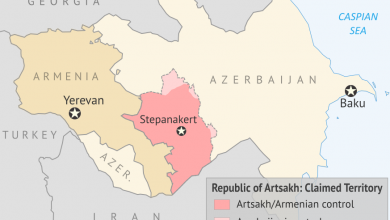Morocco: The EU’s Uncomfortable Ally

The Kingdom of Morocco is, to this date, an uncomfortable ally of the European Union. While the Kingdom offers many advantages, both strategic and economic to the countries of the Union, European leaders often appear embarrassed when being confronted about their relationship with the country.
The links between Morocco and the European Communities traces back to 1987, when King Hassan II sent an official demand to integrate his country in all three institutions: the European Coal and Steel Community, Euratom and the European Economic Community. His demand was rejected stating that the country was not European, a criterion written on the paper only 6 years later with the approval of the Copenhagen criteria.
Despite the rejection, Hassan II knew that his country had little chances of being considered as a potential candidate after sending representatives to test the waters in Brussels. However, this did not stop the two parties from collaborating. Many treaties were signed, especially on subjects such as fisheries, free trade, agriculture, and many others. These bilateral treaties, combined with the country’s membership of the Euro-Mediterranean Free Trade Area, give Morocco today almost all the benefits of being a Member State of the European Union without having decisional power.
The European Union is Morocco’s main trade partner, with about 60% exports and around 57% imports, while Morocco does not make it in the top 20 biggest partners of the EU. Then why is the country so close to the European Union? In three words: strategy, oil, and fish.

Morocco today
Despite Spain’s apparent contentions with Morocco about its exclaves, both countries share a lot of information in terms of security, antiterrorism, border control, etc. France as well has multiple strategic interests in collaborating with the Kingdom. The country is a stable ally in the Maghreb and offers a door to the Saharan countries. It is also on the path of migration flows from Africa to Europe and acts as a gatekeeper on behalf of Europe, in exchange of financial compensation. The second aspect consists in the fisheries. The scenario here is simple: Europe sends money to Morocco and European fishermen are allowed to fish in Moroccan waters.
The final major aspect is oil. Western Sahara, or Sahrawi, is located in southern Morocco and it is believed that there might be major oil resources there. The first problem is that Western Sahara is a disputed land that is classified as a “non-self-governing territory to be decolonised”. The second problem is that there might not be any oil in that region. But an oil-endowed ally is in the interest of Europe, hence why the French company Total helped prospecting on behalf of Morocco, and why the National Norwegian Oil Fund invested in the venture. However, both companies pulled out due to international pressure from the UN.
Despite the help and the collaboration, there is contention over the three exclaves owned by Spain on the Moroccan coast: Ceuta, Peñon de Vélez de la Gomera, and Melilla. The European country refuses to address the issue while Morocco repeatedly tried to get control of the exclaves in the past. However, it became a comfortable issue recently for both countries.
With the increase in migration to Europe, Spain decided to build large walls at the borders to keep the waves of migrants out as much as possible. Europe is also paying Morocco to police the border on behalf of Europe, comfortably outsourcing the responsibility to the Kingdom. This heavy, external border control led to several deaths and caused NGOs such as Amnesty International to ask Spain to take responsibility for such events. Meanwhile, nothing is being done, with Morocco and Europe silently shaking hands.

Finally, the biggest and most embarrassing problem for both parties is the aforementioned Western Sahara. Morocco’s central power claims the land as its own, while the United Nations designated this land as an occupied country. The UN’s and the EU’s law forbid the latter to have a trade agreement including products from a territory whose status is the same as Sahrawi’s.
It is based on this law that the Front Polisario, a rebel liberation movement, sued the European Union at the Court of Justice of the European Union in 2016. The Court found the EU guilty and forced to annul the trade agreement.
The EU’s High Representative for Foreign Affairs of the time, Federica Mogherini, dismissed the issue, and another trade agreement was found excluding specifically products (and fish) made on the Western Saharan land. Morocco briefly protested by cutting ties with the EU, but they were quickly restoed.
As of today, the status quo remains intact. The presence of a stable, cooperating ally in the region is a too good opportunity to pass for the EU. Especially when it gives the opportunity for Member States to relocate its migratory problems outside of its borders, just by closing their eyes on the spiky issue of Western Sahara.





